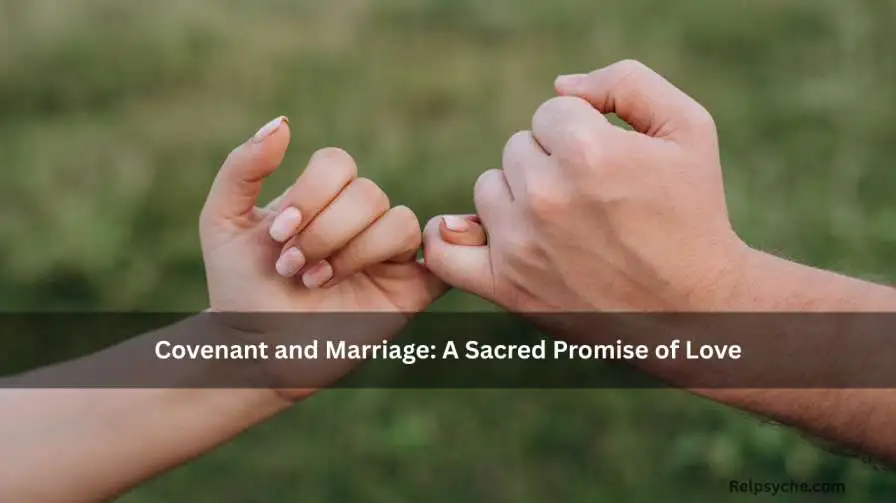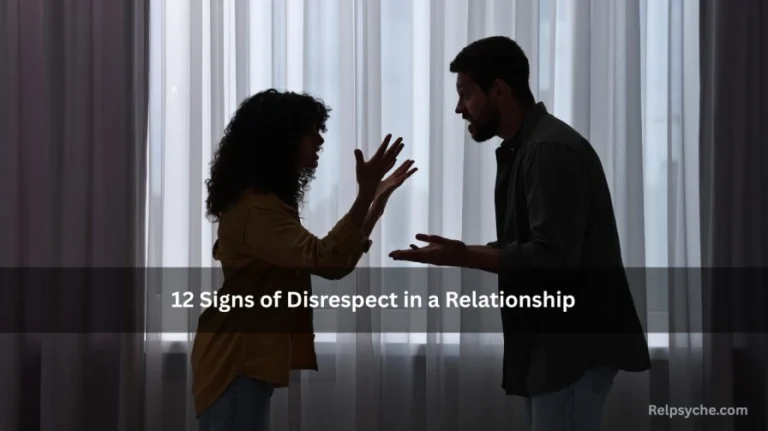Covenant and Marriage: A Sacred Promise of Love
Covenant and marriage are two powerful words that describe one of the most important human relationships. Marriage is not just a wedding ceremony or a legal document—it is a lifelong promise. In many cultures and religions, marriage is described as a covenant, a sacred bond that goes beyond personal feelings or temporary happiness.
Unlike a contract, which is based on terms and conditions, a covenant is based on love, faith, and loyalty. A covenant says, “I am with you no matter what happens.” Understanding covenant and marriage helps couples see their relationship as something permanent, valuable, and worth protecting.
Table of Contents
What Is a Covenant?
A covenant is more than just an agreement. It is a deep promise that involves the whole person—heart, mind, and spirit.
- A covenant is sacred and often made before God.
- It is meant to be lifelong, not temporary.
- It focuses on loyalty and faithfulness rather than personal gain.
In history, covenants were used to bind families, tribes, or nations. Breaking a covenant was seen as a serious offense. That’s why many faiths describe marriage as a covenant—it shows how serious and binding it is.
Covenant vs. Contract in Marriage
Many people today see marriage only as a contract. But there is a big difference between a contract and a covenant.
- Contract Marriage: A contract is based on performance. If one person fails, the agreement can be broken. For example, “I will stay married as long as you make me happy.”
- Covenant Marriage: A covenant is based on a promise. Even if times are tough, the bond remains. It says, “I will stay with you because I gave my word, not just because it is easy.”
Understanding this difference changes the way people treat marriage. A contract mindset can make love feel fragile, but a covenant mindset makes it stronger and more secure.
Covenant and Marriage in Faith
In Christianity, marriage is often described as a covenant before God. The Bible says in Genesis 2:24, “A man shall leave his father and mother and be joined to his wife, and they shall become one flesh.” This shows unity, loyalty, and permanence.
In other religions, too, marriage is treated as sacred:
- Judaism: Marriage is a holy covenant, blessed by God.
- Islam: Marriage (Nikah) is both a contract and a spiritual bond meant for life.
- Hinduism: Marriage is seen as a sacred union of souls, not just a social duty.
All these traditions show that covenant and marriage go hand in hand, reminding us that love is more than temporary feelings.
Why Covenant Matters in Marriage
When couples understand marriage as a covenant, their relationship becomes stronger.
- It builds trust – A covenant mindset gives security. Both partners know they are not easily abandoned.
- It creates lasting love – Love becomes a daily choice, not just a feeling that comes and goes.
- It helps in hard times – Life has challenges, but a covenant keeps couples from giving up too quickly.
- It strengthens families – Children grow in safety when they see their parents’ commitment.
- It honors God and tradition – For people of faith, marriage as a covenant connects their love to something greater.
How to Keep the Covenant in Marriage
Living out the covenant in marriage is not always easy, but it is possible with daily effort.
- Communicate openly – Talk about feelings, hopes, and struggles. Silence can create distance.
- Practice forgiveness – Mistakes will happen. A covenant mindset means choosing to forgive and rebuild.
- Stay faithful – Loyalty in heart, words, and actions keeps the marriage strong.
- Share goals and values – Couples should grow in the same direction, not apart.
- Give daily love – Small acts of kindness, respect, and care prove the covenant each day.
Challenges to Covenant and Marriage
Even though covenant marriages are strong, they face many challenges in modern life:
- Cultural pressure – Society often sees marriage as something temporary.
- Stressful lifestyles – Work, money, and parenting stress can weaken closeness.
- Selfishness – If one partner focuses only on themselves, the covenant bond suffers.
- Lack of faith or values – Without shared values, it becomes harder to see marriage as a covenant.
But with patience, commitment, and faith, couples can protect their covenant and keep their love alive.

Conclusion
Covenant and marriage are deeply connected. Marriage is not just a contract that ends when things get hard—it is a covenant, a sacred promise of lifelong love and faithfulness. When couples understand this, they approach their relationship with patience, sacrifice, and daily effort.
Marriage as a covenant means asking, “How can I give more?” instead of, “What do I get?” That simple change creates trust, joy, and love that can last a lifetime.
Ready to take the next step in your personal growth? Explore expert services — from therapy to life coaching — available on Fiverr.
If you want to read more articles similar to Covenant and Marriage: A Sacred Promise of Love,You Need to Know we recommend that you enter our Relationships category.
FAQs
1. What does covenant mean in marriage?
Covenant in marriage means a sacred promise between two people, often before God, to stay loyal and loving for life. It goes beyond legal papers and focuses on lifelong commitment.
2. How is a covenant marriage different from a contract marriage?
A contract marriage is based on conditions and can be broken if one person fails. A covenant marriage is based on unconditional love and promise—it stays strong even in hard times.
3. Why do many religions describe marriage as a covenant?
Because religions see marriage as a sacred union, not just a personal choice. It reflects loyalty, faith, and the belief that love is more than feelings—it is a lifelong duty and blessing.
4. Can a covenant marriage survive problems and conflicts?
Yes. A covenant marriage gives couples the strength to forgive, rebuild, and keep going even when things are difficult. Problems don’t break the bond; they become chances to grow together.
5. How can couples practice covenant love in daily life?
They can show covenant love by communicating with care, forgiving quickly, staying faithful, sharing values, and giving love in small daily actions. It’s about choosing your partner every single day.
6. What happens when one partner doesn’t honor the covenant?
It can be painful, but covenant means seeking healing, forgiveness, and counseling when possible. Both partners must work together to restore trust and rebuild the promise.
7. Are covenants and marriage only for religious people?
No. Even outside religion, couples can see marriage as a covenant—an unbreakable promise of loyalty and care. It creates stronger trust and a deeper connection for any couple.
References
- Keller, T. (2011). The Meaning of Marriage: Facing the Complexities of Commitment with the Wisdom of God. Dutton.
- Chapman, G. (2015). The 5 Love Languages: The Secret to Love That Lasts. Northfield Publishing.
- Wright, H. N. (2004). The Complete Guide to Marriage Mentoring: Connecting Couples to Build Better Marriages. Zondervan.
- Larson, J. H., & Holman, T. B. (1994). Premarital predictors of marital quality and stability. Family Relations, 43(2), 228–237.
- Holy Bible, New International Version. (Ephesians 5:22–33; Matthew 19:4–6).
- Markman, H. J., Stanley, S. M., & Blumberg, S. L. (2010). Fighting for Your Marriage. Jossey-Bass.

I’m Emma Johnson, a psychologist who loves to write and share ideas.
I enjoy making psychology simple so everyone can understand and use it in daily life.
If you’d like to talk, ask questions, or work together, feel free to reach out.
Let’s learn and grow in the world of psychology together!







